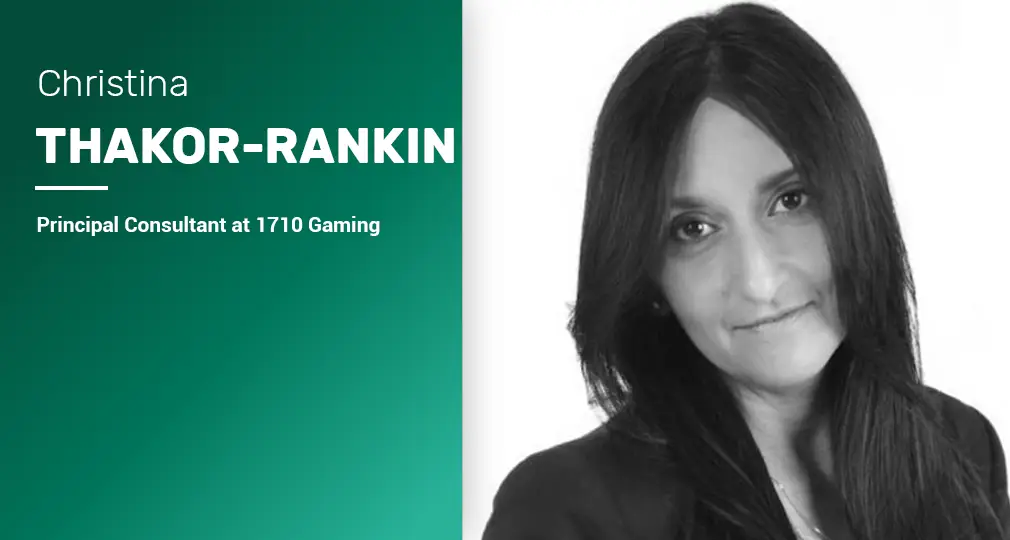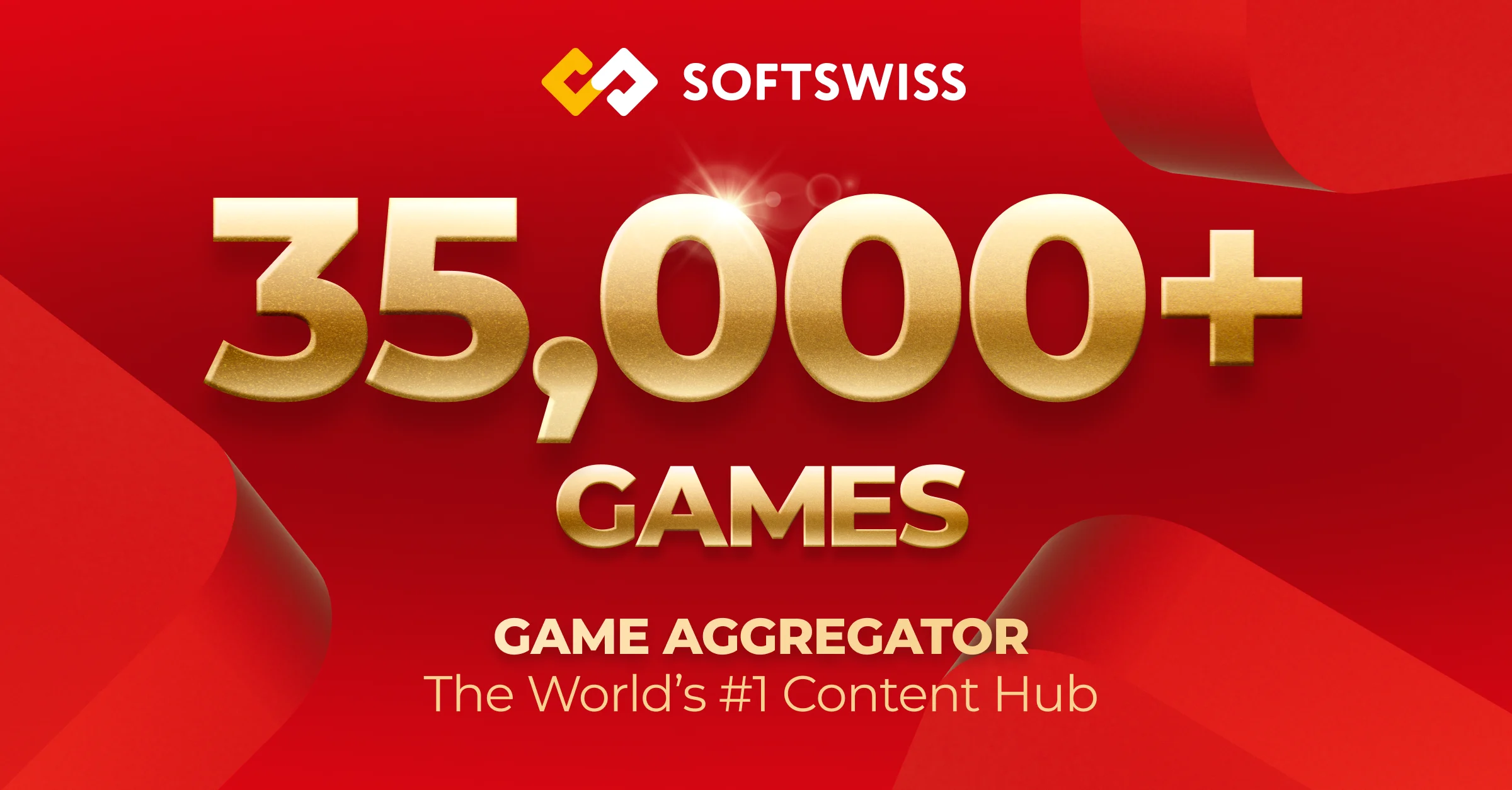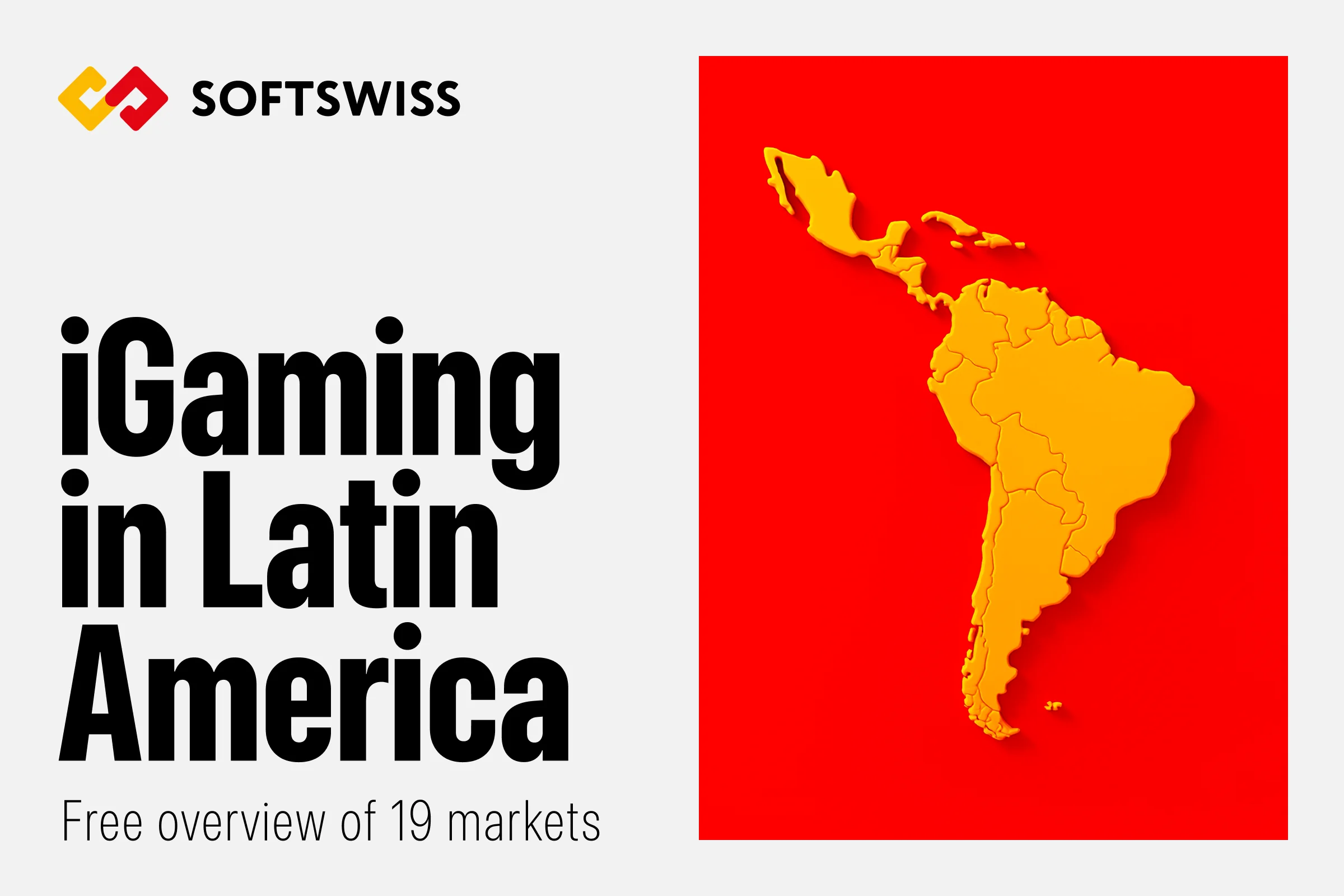Regulatory modifications in various jurisdictions are among the hottest topics in the legislation news of the gambling industry. Almost every sector of the market changes by leaps and bounds, and operators often fail to keep pace with new developments.
Christina Thakor-Rankin, a Principal Consultant at 1710 Gaming, has shed light upon the most important issues of the industry.
What tendency is observed in global gambling regulations in 2021? What do regulated markets focus on?
Right now I would say that for the majority of regulators, the biggest focus is safer gambling and player protection, followed closely by AML. There are many reasons for this but put very simply, in established markets such as the UK and Australia, the expectations of society and customers are changing. We now live in a world where we expect businesses to be more responsible and warn about the risks related to their products – alcohol, tobacco, food, and, of course, gambling. In evolving and emerging markets such as the US, Europe, Germany being one of the most recent and best examples of this, gambling addiction has often been the reason for the prohibition. So no surprise that it is a focus when regulation does start or the market starts to widen out to include new products and channels.
The other big focus is AML. In most of the world, this is due to FAFT identifying casinos and gambling as a risk, but in places like Europe, additional attention is due to a combination of things such as FAFT adding Malta to the grey list, the ex-head of the Malta Gaming Authority being charged with corruption and announcement of a new EU AML authority in parallel with the new 6th AML Directive. And, of course, enforcement. This has been common for them in Europe for the last couple of years – the UK, Sweden, the Netherlands are the most prolific enforcers to date, but something set to be emulated by their peers around the world.
Regulatory compliance is undoubtedly one of the hottest topics among operators. What is the most common feature that the regulations of global gambling markets lack to make the compliance process easier for operators?
In a word clarity. The last decade or so has seen regulators move more towards the principle and risk-based regulation. This introduces the concept of subjectivity as operators are required to interpret and then implement according to their business. Unsurprisingly, this results in a wide range of operational practices with some operators being more compliant than others, causing confusion amongst customers and operators themselves as to what is the correct thing to do.
Germany and Ontario appear to be making life easier by simply setting our clearly exactly what they expect operators to do. This leaves very little room for doubt and makes it clear for operators too. Of course, the downside is that too much prospection can stop innovation or the introduction of new products because the regulation needs to be changed first, resulting in players hitting the black or unregulated market in the interim. I am not sure there is a perfect solution, perhaps, principle-based regulation supported by specific guidelines, which can be updated quickly and easily without having to wait for legislation or regulation to work its way through a formal and often lengthy process.
Many gambling associations insist that strict regulations, which, of course, impact operators’ offers, are the main reason for the boom of the Illegal market. What are the other factors that stimulate the growth of the black market?
Without a doubt, overly strict regulations can and do push players to the black market, but that isn’t the only reason. Other reasons relate to players who are unable to access the regulated market. For example, customers with gambling problems who have been identified and restricted, or criminals, money launderers, and match-fixers who find the black market a safer place to do business. Then there are just regular customers who live in a part of the world where gambling is prohibited and the only option is the black market. This used to be illegal gambling dens and back-street bookmakers, now it’s the internet. In essence, both regulation and no regulation can and will stimulate the black market.
How do operators adapt to the changes in the regulatory environment? Are there any significant shifts in the industry now?
Every industry has to adapt to the changing world around it, and the gambling industry is no different: laws and regulations, taxation, products, and customers. Where the gambling industry maybe has additional challenges is that betting and gambling are influenced by things such as religion, morals, and politics more than other sectors. If the political, social, religious perspective changes, it could have an impact on the sector. The other big challenge is multi-jurisdiction. 10 years ago it was easy – pretty much everything set under one .com license. Not anymore though. Now it’s a per jurisdiction license. This means more compliance, more cost, and more complexity.
How did customer behavior change in the last several years?
The pandemic has accelerated digitization and forced a shift to online gambling across the world. Coupled with this is the fact that traditional gambling products do not have the same appeal to the newer generation of customers, especially the tail end of the Millennials and the beginning of Generation Z. They are not so interested in casinos or slots, favoring instead the more social games such as sports betting, esports and also bingo. One of the big changes we can expect to see very soon is the growing popularity of women’s sports and how this will impact betting markets but also the profile of the bettors themselves.
Exchange of best practices is a widespread approach in many industries. Successful cases and experience of which vertical can the gambling industry use to bring more innovation to it?
It is. Right now the race is on to be the most responsible operator, and operators across the world are shouting about what they are doing in terms of best practice. The industry is definitely getting better at collaboration, sometimes because the regulator expects it, but increasingly because operators see the benefits of sharing and learning from each other – not just to be better, but to also avoid the mistakes made by others. When it comes to products, they are less keen to share, but, of course, once they launch, it is there for everyone to see and copy.
What should operators focus on in the upcoming years to succeed?
That’s a tough question, simply because things are changing so fast. The US is seeing massive consolidation at an alarming rate and is now on the cusp of a new era of a small number of super operators with multiple brands (not unlike Coca-Cola and Pepsi – just look at Flutter and where Entain might be before the end of the year).
New markets continue to open around the world, so the need to be open to new opportunities is ever-present, as there is the threat of restrictive and fast-changing regulations. It’s never been harder to plan beyond a 12 to 18 month period. What operators need to focus on is being agile and able to react by being able to adapt quickly and effectively, understanding that an opportunity or strength today may become a threat or weakness tomorrow. For example, a market they are trading in today may suddenly move to tighter regulation with the new regulator seeking remedy for past trading or misdemeanors either through fines or taxes. And, of course, a market that is currently not viable may become so very quickly such as Canada, New Zealand, or the CIS countries. The best thing operators can focus on is simply being ready.
Read more: Best iGaming Aggregators












